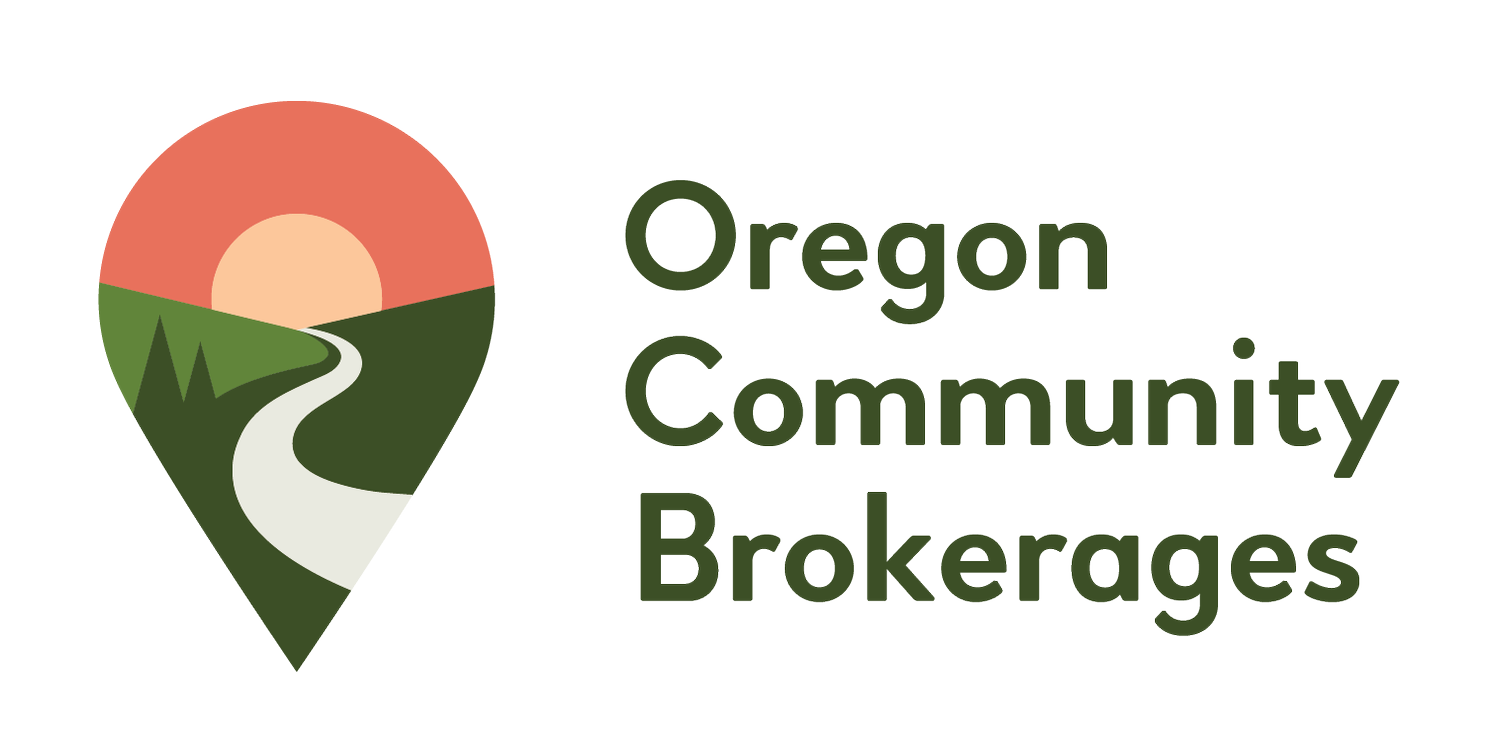Oregon Needs Assessment: The Power of Diverse Supports
Change can be scary. As we have talked about previously, the new Oregon Needs Assessment (ONA) will result in changes to personal resource allocations sometime in the next year or two. Our lives aren't always predictable, and when our supports aren't either, it can be difficult. We will always advocate for stable, secure DD service funding to improve the lives of Oregonians with developmental disabilities. But what else can we do to combat the ups and downs of public funding levels? Let's talk more about that.
This is a handy worksheet to get you thinking about the different places from which to draw support.
Your paid service are funded through a mix of Oregon state funds, and federal Medicaid match funds. You'll see us advocate each year during the full Oregon legislative session for adequate DD service funding. But the state and federal budget goes up and down over time, and policies shift and change with administrations and public opinion. There is no such thing as a guarantee of public benefits, as hard as that can be to accept.
In order to smooth over these ups and downs, it helps to diversify the supports in our lives that help us be successful. That's much simpler to write than to do, surely, but worth the effort to feel less dependent on public funds – less vulnerable to change. In Oregon, we've been making use of the Charting the LifeCourse framework, out of UMKC Institute for Human Development, as a way to have some of these complex discussions. Charting the LifeCourse uses different words and has some tools that can help us tackle things like making big decisions and planning for the future. But more than tools, Charting the LifeCourse offers a way of exploring what we think makes for a good life, and how we can apply those ideas to identifying the right supports for people with developmental disabilities.
On the subject of a diverse support system, Charting the LifeCourse tells us that "all people need support to lead good lives. Using a combination of many different kinds of support helps to plot a trajectory toward an inclusive, quality, community life." The Integrated Supports Star is a tool that you can use to make a plan to diversify. Head over to the website and download a copy for yourself here. The star is made up of five points, which are all areas from which support may be drawn:
Personal Strengths and Assets: These are the things that each person brings to the table – your skills, abilities, and resources pulled from yourself, or from what you have been given.
Relationships: Benefits and supports that you get from the people around you. From family and friends to neighbors and professionals in your community, there are many types of relationships from which we all receive support.
Eligibility Specific: This is meant to encompass the benefits available to you because of your eligibility--for DD services, income-related services, age-related services, etc. Any paid supports in your ISP would be included in this category, as would low-income housing, SNAP, OHP, and ABLE accounts.
Community-Based: Support that comes from the place where you live – charities, community groups and organizations, natural resources, etc.
Technology: Assistance you get from the technology that surrounds us all, and any specific technology that you have incorporated into your life to support you.
Think about your life, and how you accomplish the big and little things that matter to you. How do you use each kind of support in your life now? How might you use each kind of support in the future? And an even more exciting question – how might you use existing support in your life to increase your access to other kinds of support? You can think about these things yourself, or a Brokerage Personal Agent or other trusted person can walk through this exercise with you to try to identify and brainstorm supports that you already have or might need in order to work together to get where you want to go.
It is very easy to get focused on one point of the star, one area from which our support comes. But when we rely mostly on one point of the star, we are more vulnerable when something changes. If instead, we can build truly integrated supports, incorporating all five points of the star, our safety net is stronger. We are less vulnerable to the disruption that comes with each change of state and federal benefits. Recognizing and working to incorporate the full spectrum of support available to each of us can help to provide stable grounding from all sides. Humans are social creatures, even those of us who are introverted. We all receive substantial natural support from our immediate surroundings and communities. We need to make the most of those supports if we want to achieve our personal vision of a good life.


